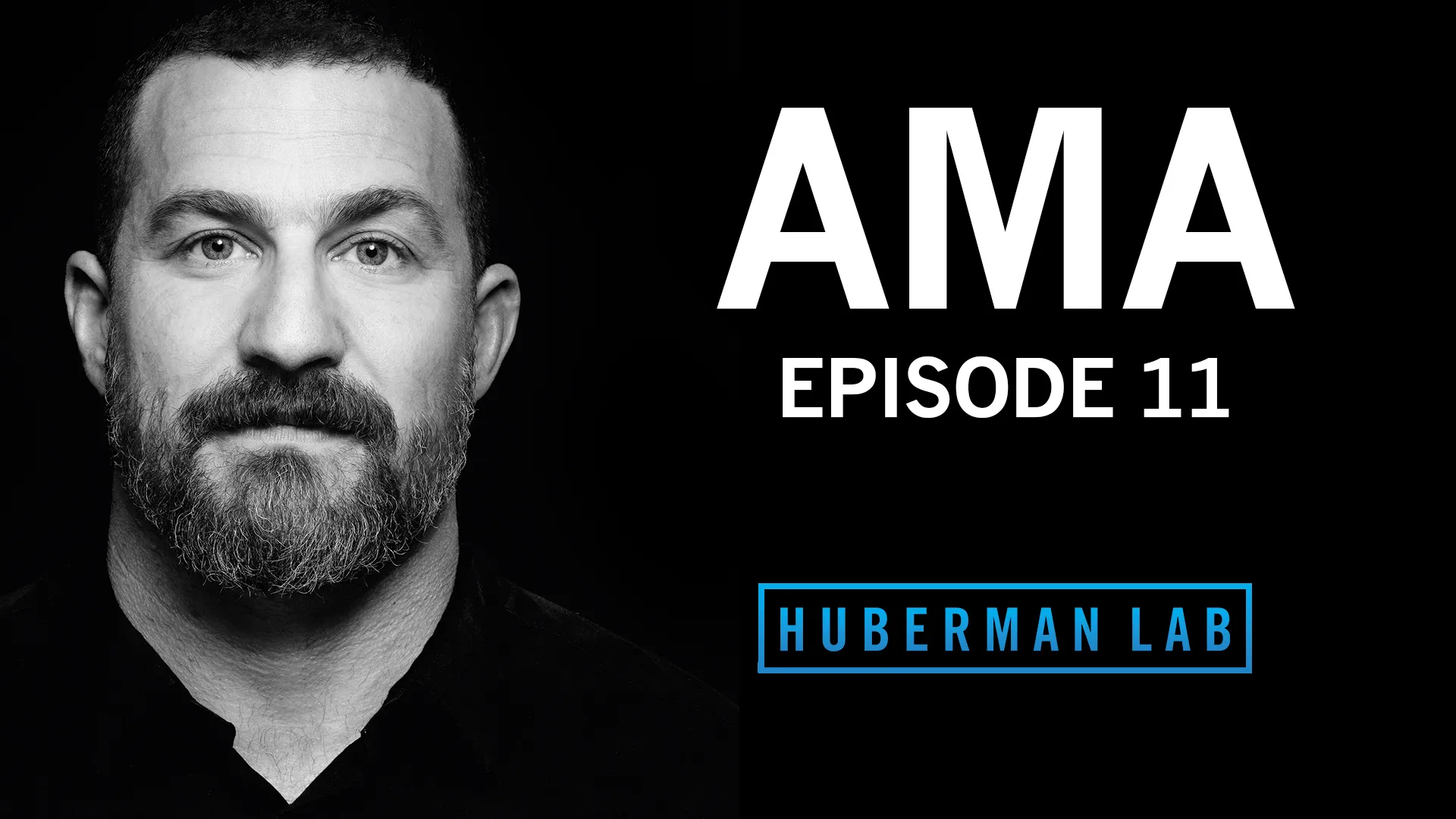Key Takeaways
- Task switching is the ability to transition between different tasks or cognitive states.
- Task switching requires cognitive flexibility and involves both engaging and disengaging different neural circuits in the brain.
- Don’t expect to immediately focus when transitioning between tasks. Allow a 5-10 minute transition period for your brain to adjust.
- Introducing even a brief, designated transition period between tasks enhances your ability to focus on the next task. Avoid bringing in new information during transitions.
- Limit daily tasks requiring intense focus to 1-3. Write these down to stay focused.
- A perceptual exercise of shifting visual attention between your body, near space, and far space helps train your brain’s ability to transition between different timescales and neural states.
- Additional tools for task switching can target specific types of tasks. But the key is allowing time for your brain to disengage one set of circuits and engage the next.
- The premium channel raises support for the free podcast and funds human research on mental health, physical health, and performance tools.
Intro
This is an Ask Me Anything (AMA) episode from the Huberman Lab podcast covering question related to Improving productivity and reducing brain fog.
Transition Periods
- When switching between tasks, introduce a brief transition period to allow your brain time to disengage one set of neural circuits and engage the next. (00:17:17)
- For light tasks, a transition period of a couple minutes may suffice. For intense focus, allot 5-10 mins. (00:18:04)
- Avoid new stimuli during transitions - e.g. looking at your phone. Let your brain decompress. (00:18:55)
Timescale Perception
- Where you focus your visual attention affects how your brain perceives time. (00:28:16)
- Looking near your body causes fine-grained time perception. Looking farther away leads to more coarse time perception. (00:28:28)
- Physical and cognitive tasks require your brain to operate in different timescales. (00:28:52)
- A visual exercise of shifting focus from your body to far away locations trains your brain to transition between timescales. (00:29:59)
Prefrontal Cortex
- The prefrontal cortex allows context-dependent thinking and behavior. It controls focusing on relevant information. (00:12:16)
- When task switching, the prefrontal cortex must both engage relevant circuits and disengage currently active ones. (00:31:27)
Cognitive Flexibility
- Your ability to adapt thinking to changing contexts. Differs from task switching ability. (00:22:21)
- Flexibility training involves practicing shifting perspectives and thinking approaches, not just alternating tasks. (00:23:07)
Task Selection
- Limit daily critical tasks needing intense focus to 1-3. List these to stay on track. (00:21:00)
- Scheduling fewer cognitively demanding tasks allows greater focus on execution. (00:34:08)
Supporting Research
- Premium channel funds human research on mental/physical health and performance enhancement. (00:32:18)
- Goal is distributing science-based tools for improving lives. (00:34:19)



